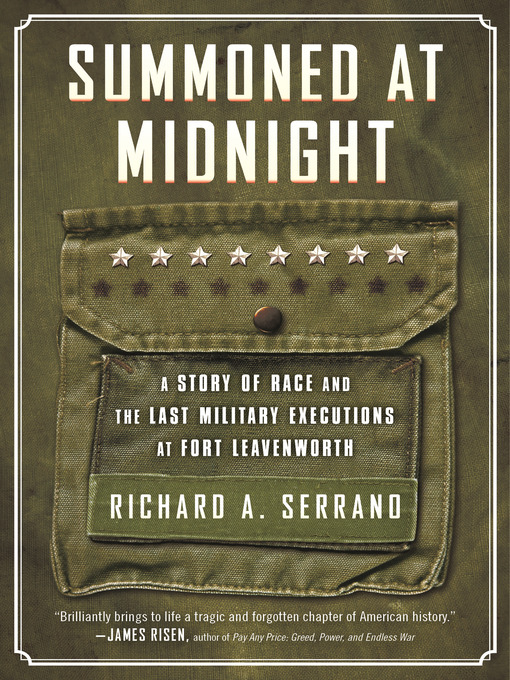- Available now
- New eBook additions
- Let's Get Cooking!
- New kids additions
- New teen additions
- Most popular
- Try something different
- See all ebooks collections
- Available now
- Most popular
- New audiobook additions
- New kids additions
- New teen additions
- See all audiobooks collections
- Magazines (English)
- News & Politics
- Food & Wine
- Home & Garden
- Art & Architecture
- Crafts
- Culture & Literature
- Hunting & Fishing
- Heatlth & Fitness
- Photography
- Kids & Teens Magazines
- Magazine (Spanish)
- Magazines (other languages)
- See all magazines collections


